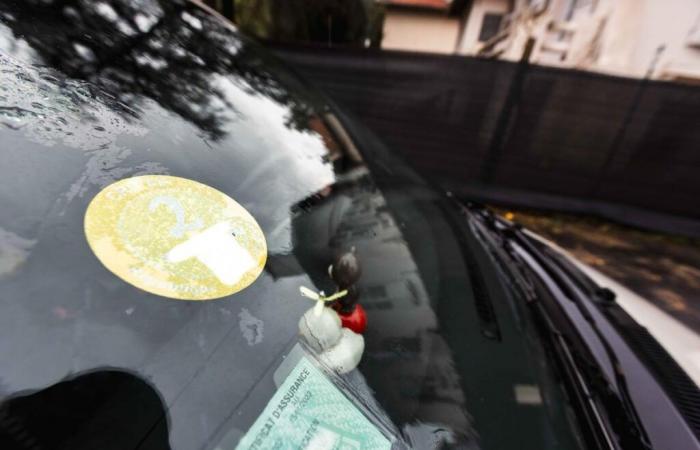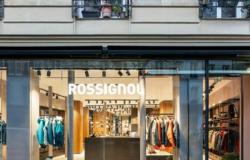
As required by law since this date, the Pau Béarn Pyrénées conurbation community has set up a low-emission mobility zone (Crit'air) which must prohibit the most polluting vehicles from circulating there.
“Low emission zones are a tool to improve air quality. Their implementation responds to the need to protect public health,” warns the website of the Ministry of Ecological Transition. The latter recalls that this is a “major public health issue, particularly in large cities”. After Paris, Lyon and Grenoble since the beginning of 2020, 42 new urban areas with more than 150,000 inhabitants have therefore had to set up their own ZFE-m within the framework of the Climate and Resilience law.
Eight municipalities concerned
This is therefore the case for the Pau metropolitan area. Community elected officials therefore voted a few months ago to establish an ZFE which covers Pau in its entirety and extends to seven surrounding municipalities – Billère, Bizanos, Gelos Idron, Jurançon, Lons and Mazères-Lezons – in an area delimited by the “intra-ring road”, meaning between the RD 834 to the West, the RD 817 to the North and the East and the RD 802 to the East and the South.
With the exception of this ring road itself, but also the access to the relay car parks: the top of the Allées Catherine-de-Bourbon, the corner between Boulevard Hauterive and Avenue de Buros, Route de Tarbes and one end west of avenue Alfred-Nobel, further west of route de Bayonne (where parking is coming).
Vehicles excluded from this zone
To discern which vehicles no longer have the right to circulate within this zone, the Crit'air system must be taken into account. The latter classifies vehicles according to their polluting emissions in fine particles and nitrogen oxides. It is broken down into several classifications: E, On the other hand, if it does not appear, it is because it is considered polluting, and is therefore de facto excluded from the ZFE-m.
The vehicles concerned are all cars registered before December 31, 1996, light utility vehicles registered before September 30, 1997, two-wheelers, tricycles and quadricycles with motors registered before May 31, 2000, heavy goods vehicles, buses and coaches registered before on September 30, 2001.
According to the Agglomeration's calculations, unclassified vehicles represented 3.35% of vehicles in 2022, or 4,461. And 5.5% within a 20 km radius. However, exemptions exist for several types of vehicles. This concerns, for example, those who display a “mobility inclusion” card including the words “Parking for disabled people”. Collector's vehicles, therefore over 30 years old and which have taken the steps to become so, will also still be able to circulate in the ZFE-m.
A website
In addition to a vehicle within the limits of this new ZFE-m, you will also need to obtain a sticker which will then have to be affixed to the windshield of the vehicle. To obtain it, you must go to the official website which can be found at the following address: https://www.certificat-air.gouv.fr. Be careful, there are many scams circulating on the subject. So we repeat: only the official site allows you to obtain the sticker.
The latter costs 3.77 euros. People who have multiple vehicles can order them all at once. The stickers will then be sent to the address indicated on the registration document and nowhere else. While waiting to be delivered, the invoice that you received during your online payment contains the provisional certificate which attests to your order and is admissible in the event of an inspection by the police.
Finally, let us point out that traveling with an unauthorized vehicle or without a Crit'air sticker is punishable by a 3rd class fine for light vehicles (i.e. 68 euros simple fine) and 4th class fine for heavy goods vehicles (i.e. 135 euros simple fine).
A period of “education” should nevertheless make it possible to avoid fines during the first months. Signs will also be put in place on the ring road at the start of the year. The Agglo should also soon communicate on the steps to take to obtain an exemption.





